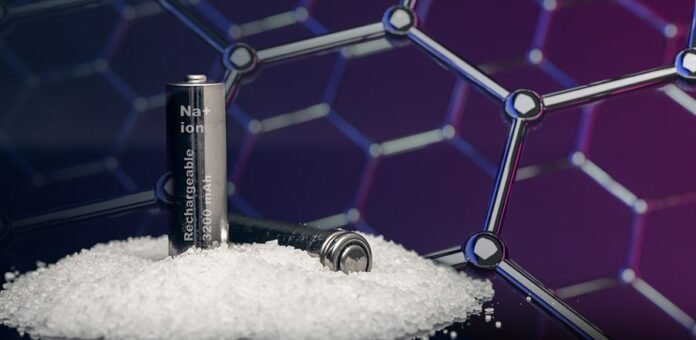Researchers at Tohoku University in Japan have discovered a means to achieve crack-free, robust nanocellular graphene (NCG) to use in a sodium-ion battery (SIB).
NCG is a specialized form of graphene that achieves a large specific surface area by stacking multiple layers of graphene and controlling its internal structure with a nanoscale cellular morphology. However, its use has been limited by defects that occur in manufacturing. Cracks often appear when forming NCG.
The research team demonstrated that NCG developed using a dealloying method exhibited high tensile strength and high conductivity after graphitization, and put the material to the test in a sodium-ion battery. Dealloying is a processing technique that exploits the varying miscibility of alloy components in a molten metal bath. This process selectively corrodes certain components of the alloy while preserving others.
“We discovered that carbon atoms rapidly self-assemble into crack-free NCG during liquid metal dealloying of an amorphous Mn-C precursor in a molten bismuth,” said Won-Young Park, a graduate student at Tohoku University. “We used the developed NCG as an active material and current collector in an SIB, where it demonstrated a high rate, long life and excellent deformation resistance.”
Source: Tohoku University

Source link
#Researchers #develop #mechanically #robust #nanocellular #graphene #sodiumion #batteries









